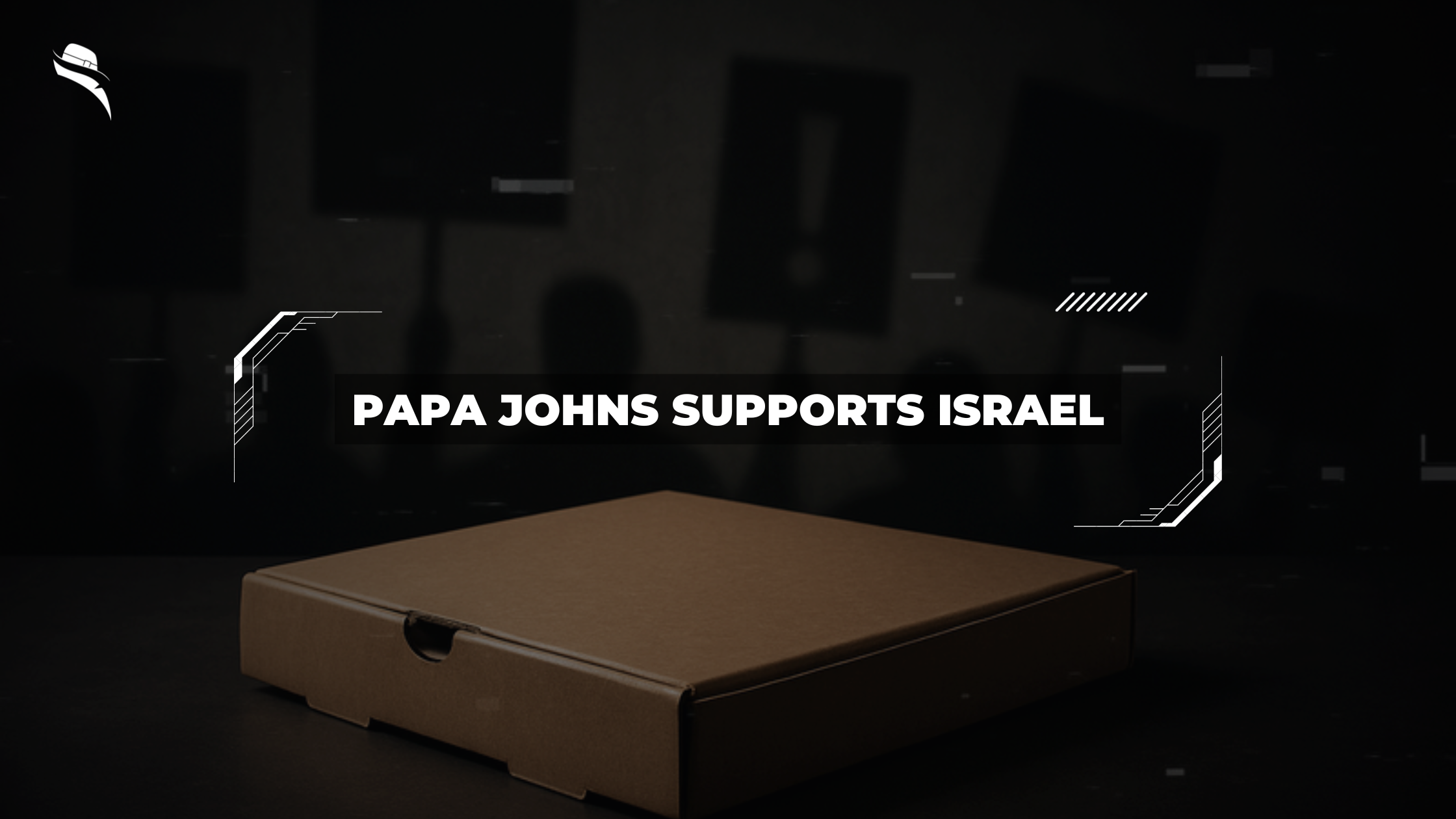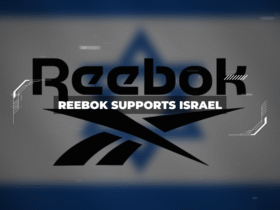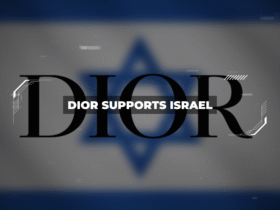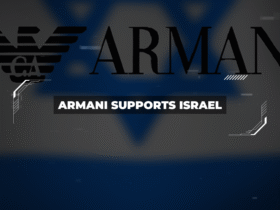Meanwhile, Papa Johns corporate headquarters has not distanced itself from these actions, unlike some other major brands facing similar scrutiny. This silence has contributed to the pizza chain becoming a target of organic boycotts spreading rapidly through social media platforms. Furthermore, the BDS movement has specifically highlighted Papa Johns in its calls for consumer action due to what they describe as “donations to Israel’s genocidal military” effort.
Despite multiple requests for comment on the situation in Israel and Gaza, Papa Johns representatives have remained silent, raising questions about corporate responsibility during international conflicts. This introduction to the Papa Johns Israel support controversy examines what happened, the public response, and the broader implications for brands navigating politically sensitive situations.
Papa Johns Supports Israel: What Happened and Why It Matters
At the core of the controversy, Papa Johns’ Israeli franchise took clear actions supporting the Israeli military. The Israeli branch of Papa Johns produced social media content supporting Israel and distributed free food to the Israeli Defense Forces (IDF). This direct support from the franchise occurred amid escalating tensions in the region.
Franchise donations to the IDF
The support for Israeli forces became a focal point when Papa Johns Israel actively provided food donations to the IDF. Similar to several other food chains, including Dominos, Pizza Hut, and Subway, the franchise made offerings to Israeli soldiers. Notably, these donations occurred while military operations were ongoing in Gaza, which amplified the controversy surrounding the company’s actions.
Timeline of events and public discovery
The public discovery of Papa Johns’ involvement triggered immediate reactions. Initially, the support activities remained relatively unnoticed until social media users began sharing evidence of the franchise’s actions. Subsequently, boycott campaigns emerged, calling for consumers to avoid Papa Johns products based on allegations that the company or its franchises were supporting Israel.
Throughout this period, Papa Johns corporate headquarters maintained silence on the matter. Indeed, when approached by media outlets, both Papa Johns and Yum Brands representatives did not respond to multiple requests for comment on the violence in Israel and Gaza.
Initial reactions on social media
Social media platforms played a crucial role in amplifying awareness about Papa Johns’ activities in Israel. The Boycott, Divestment, Sanctions (BDS) movement’s official Twitter account actively promoted boycotts against Papa Johns because of what they termed “donations to Israel’s genocidal military” campaign.
Additionally, consumers in the region began boycotting Western businesses they believed offered support to Israeli operations. As a result of these actions, the pizza chain joined other companies like McDonald’s, whose franchises in occupied territories had also announced free meals for Israeli military personnel.
The ongoing conflict in the Middle East has certainly affected Papa Johns’ operations, causing delays and even closures of their international locations. Nevertheless, there is no evidence indicating that Papa Johns has altered its marketing practices in response to the boycott movements.
Franchise vs. Corporate: Who’s Responsible?
The controversy surrounding Papa Johns raises an important question about corporate responsibility in franchise models. When franchisees take political stances, who bears responsibility—the local business owner or the parent company?
Understanding Papa Johns’ franchise model
In franchise systems like Papa Johns, individual owners operate under the corporate brand while maintaining certain independence. Typically, franchisees pay fees and royalties to use the company name, products, and business model, but make day-to-day operational decisions themselves. This structure creates a complex relationship where franchisees represent the brand locally but aren’t directly controlled by corporate headquarters.
Did the corporation approve or distance itself from the act?
Unlike other companies facing similar scrutiny, Papa Johns corporate has maintained notable silence regarding their Israeli franchise’s actions. The company has not issued statements either supporting or condemning the franchise’s donations to the IDF. This lack of response stands in stark contrast to brands like McDonald’s, which quickly distanced themselves from similar situations.
Corporate silence has consequently led many consumers to view the entire Papa Johns brand as complicit in supporting Israeli military actions. When approached by journalists, Papa Johns representatives have repeatedly declined to comment on the situation, furthering the perception of tacit approval.
Comparison with other brands like McDonald’s
In contrast, McDonald’s faced a comparable situation but responded differently. When McDonald’s franchises in Israel announced free meals for Israeli soldiers, the corporate office promptly issued statements clarifying that these were independent franchise decisions. McDonald’s also faced boycotts, primarily because their main corporate entity did not condemn its Israeli franchise’s actions.
Throughout the Middle East, numerous Western food chains have become entangled in similar controversies. Pizza Hut, Domino’s, and Subway franchises in Israel have also provided food to Israeli forces, highlighting a broader pattern among food service franchises operating in conflict zones.
Public Backlash and Boycott Movements
Following Papa Johns Israel’s support for the IDF, a wave of consumer activism emerged across social media platforms, transforming individual concerns into organized boycott movements.
Rise of the #BoycottPapaJohns campaign
The #BoycottPapaJohns campaign gained momentum primarily through social media, where consumers shared evidence of the franchise’s actions. According to TikTok search trends, hashtags like “Boycott Papa Johns” and “Why to Boycott Papa Johns” generated hundreds of thousands of views. Moreover, dedicated boycott websites listed Papa Johns among companies with ties to Israeli military support, explicitly noting that “Papa Johns corporate has not distanced themselves from this act”.
Role of BDS and solidarity groups
The Palestinian BDS National Committee played a crucial role in amplifying the boycott. Although BDS leadership noted that many viral boycott lists were “prohibitively long” and potentially counterproductive, they officially supported the organic boycott against Papa Johns. Their strategic approach focused on companies with clear evidence of complicity, with their official Twitter account specifically mentioning Papa Johns “donations to Israel’s genocidal military” effort.
Impact on brand perception and sales
The boycott significantly affected Papa Johns brand perception. Research indicates that boycotting typically leads to “loss of customer trust, alongside unfavorable brand attributes and lowered public opinion of corporate reputation”. Accordingly, companies facing boycotts often report “sales declines and missed goals”, particularly in regions with high consumer engagement in political purchasing decisions.
Viral posts and influencer amplification
Social activism thrived through hashtag campaigns like #BoycottIsrael and #BDS, creating substantial pressure on companies. Similarly, influencer participation amplified boycott messages, as demonstrated in other cases where vegan influencers pushed boycotts against Israeli-supporting establishments. Regardless of corporate response, these viral movements shifted consumer perception from “neutral or favorable to unfavorable,” potentially causing permanent reputation damage.
The Bigger Picture: Corporate Neutrality in Conflict
Corporate handling of geopolitical conflicts has grown increasingly complex in an era of heightened scrutiny and consumer activism. The Papa Johns case exemplifies a broader dilemma facing global businesses today.
Why brands are hesitant to take sides
Brands primarily avoid political stances because negative effects generally outweigh positive ones. Research indicates that for divisive issues, a CEO’s partisan communication in either direction results in negative perceptions. This risk amplifies for companies otherwise expected to maintain neutrality. Hence, many corporations pursue a “golden” middle ground, as McDonald’s stated: “We are not red or blue. We are golden”.
Consumer expectations in political crises
Consumer attitudes toward corporate activism have shifted dramatically. The percentage of Americans who believe companies should engage in major societal issues declined from 47% in 2022 to 33% in 2024. Still, 69% expect businesses to protect democracy during political turmoil. Essentially, consumers want stability without partisanship.
Lessons from Starbucks and McDonald’s cases
Starbucks demonstrates the extreme lengths brands will go to maintain neutrality. In South Korea, the company blocked customers from using presidential candidates’ names on orders to “maintain political neutrality”. McDonald’s faced similar challenges when a franchisee hosted former President Trump, promptly clarifying they “do not endorse candidates for elected office”. Both cases highlight how brands navigate the treacherous waters between engagement and neutrality.
This article is part of our in-depth series on companies linked to Israel. For the full breakdown, see our main report: Food Companies That Support Israel
Final Thoughts
The silence strategy employed by Papa Johns illustrates a common corporate approach toward geopolitical conflicts. Throughout this controversy, Papa Johns has experienced tangible business repercussions as system-wide sales globally remained stagnant. Even as the company celebrated opening its 6,000th facility in early 2025, these gains were largely offset by location closures, resulting in minimal net growth.
Behind closed doors, this boycott campaign has visibly impacted share prices, with many locations appearing empty worldwide and some shutting down entirely. Such outcomes send a clear warning to other companies that might face similar scrutiny during international conflicts.
Yet Papa Johns management remains cautiously optimistic about recovery, projecting flat to marginally increased US sales for 2025. Their focus has shifted toward value-driven promotions and menu innovation to recapture price-conscious customers who may have abandoned the brand.
For most corporations not ideologically positioned like Ben & Jerry’s—which deliberately ended sales in occupied Palestinian territory to protest Israeli policies—silence often represents the safest stance. Thus, Papa Johns joins numerous Western brands navigating the complex intersection of business interests and geopolitical tensions.
Overall, this case demonstrates how quickly consumer activism can transform from social media hashtags into measurable financial consequences, ultimately reshaping corporate decision-making in politically charged environments.
FAQs
1. Why is Papa Johns accused of supporting Israel?
Papa Johns faced backlash after its Israeli franchise publicly supported Israel through social media posts and donations of free food to the Israeli Defense Forces (IDF). These actions placed the brand at the center of boycotts and public criticism.
2. Did Papa Johns corporate headquarters approve these actions?
No official approval was given. The controversy stems from the silence of Papa Johns’ corporate office, which has neither condemned nor distanced itself from its Israeli franchise’s actions.
3. What role did the BDS movement play in the controversy?
The Palestinian-led Boycott, Divestment, and Sanctions (BDS) movement highlighted Papa Johns as a target of boycotts, accusing the brand of complicity in supporting “Israel’s genocidal military.” This amplified calls for consumer boycotts worldwide.
4. How did the public discover Papa Johns’ franchise donations to the IDF?
The donations initially went unnoticed until social media users circulated photos and posts showing Papa Johns Israel providing food to soldiers. This viral exposure triggered widespread backlash.
5. How does Papa Johns’ franchise model affect responsibility?
Papa Johns operates as a franchise system, meaning local owners run individual outlets. While franchises make independent decisions, consumers often hold the parent brand accountable for their actions, creating reputational risks for Papa Johns corporate.
6. Has Papa Johns responded to the boycott campaigns?
As of now, Papa Johns has remained silent, issuing no public statements about its Israeli franchise’s actions. This contrasts with brands like McDonald’s, which attempted to clarify franchise independence in similar situations.
7. What impact have the boycotts had on Papa Johns?
The #BoycottPapaJohns campaign spread across TikTok, Twitter, and boycott websites. Reports suggest the brand has faced stagnant sales, reputational damage, and closures in certain regions, despite expanding globally.
8. How does this compare with other food chains in Israel?
Other chains such as Domino’s, Pizza Hut, Subway, and McDonald’s franchises in Israel have also provided food donations to Israeli soldiers, leading to similar backlash and boycotts. Papa Johns is part of this broader trend of fast-food brands tied to the conflict.
9. Why didn’t Papa Johns take a public stance like Ben & Jerry’s?
Unlike Ben & Jerry’s, which openly protested Israeli settlements, Papa Johns chose silence. Most corporations prefer to avoid political stances, as research shows neutrality is safer for brand image in divisive conflicts.
10. What are the long-term lessons from the Papa Johns Israel controversy?
The case shows how quickly local franchise actions can escalate into global reputational crises. For multinational companies, consumer activism can translate hashtags and viral boycotts into measurable financial losses.







Leave a Reply